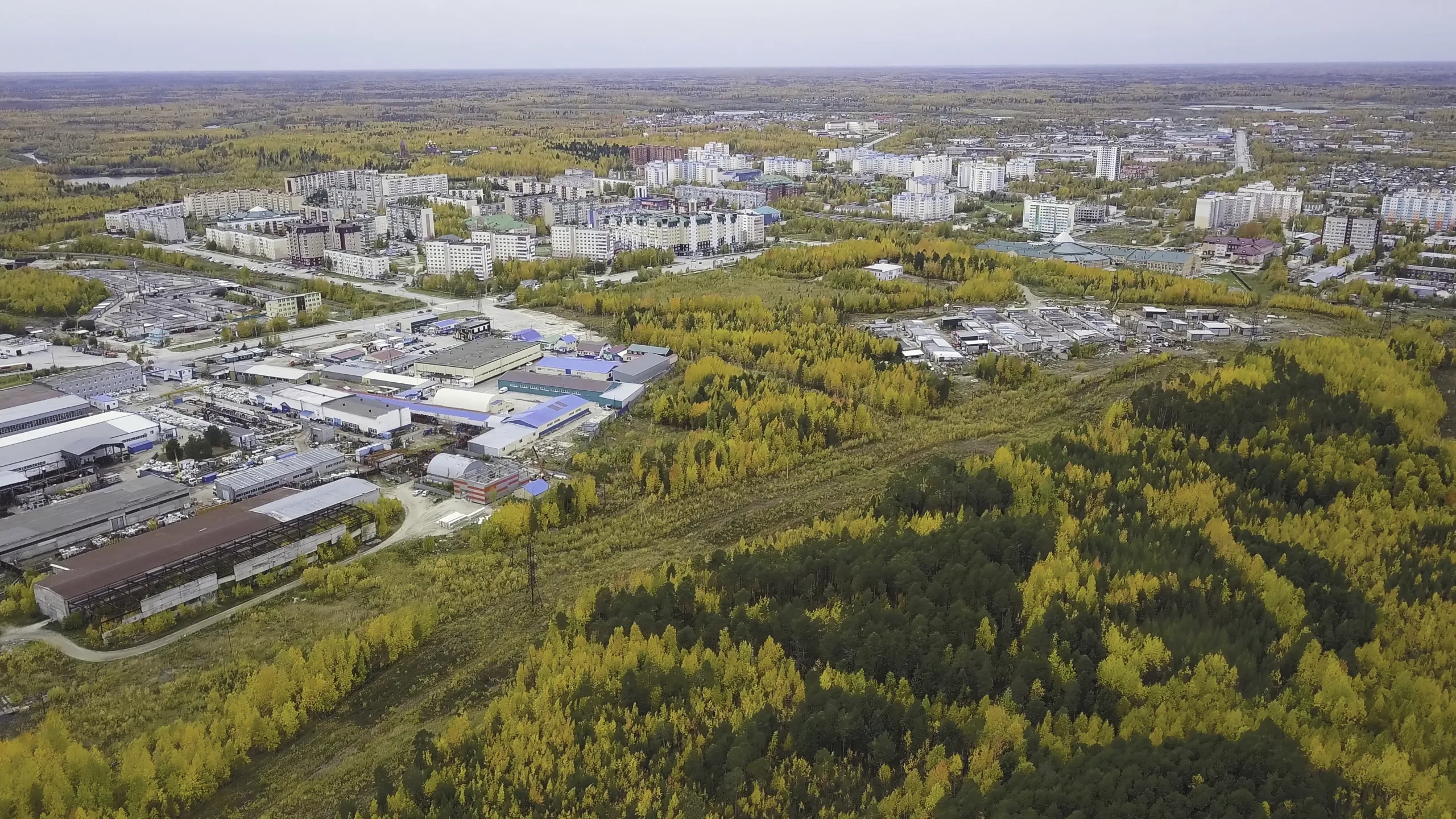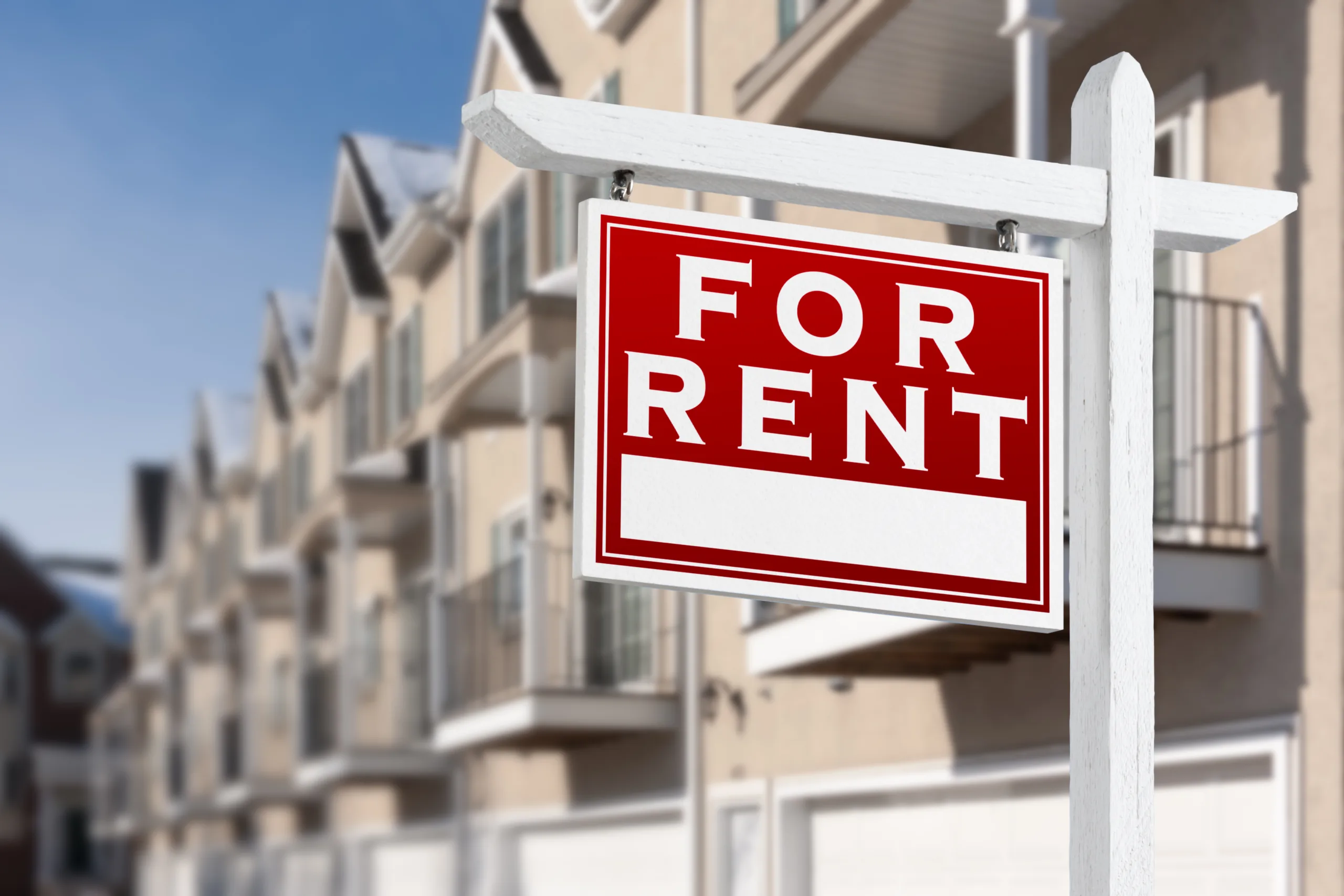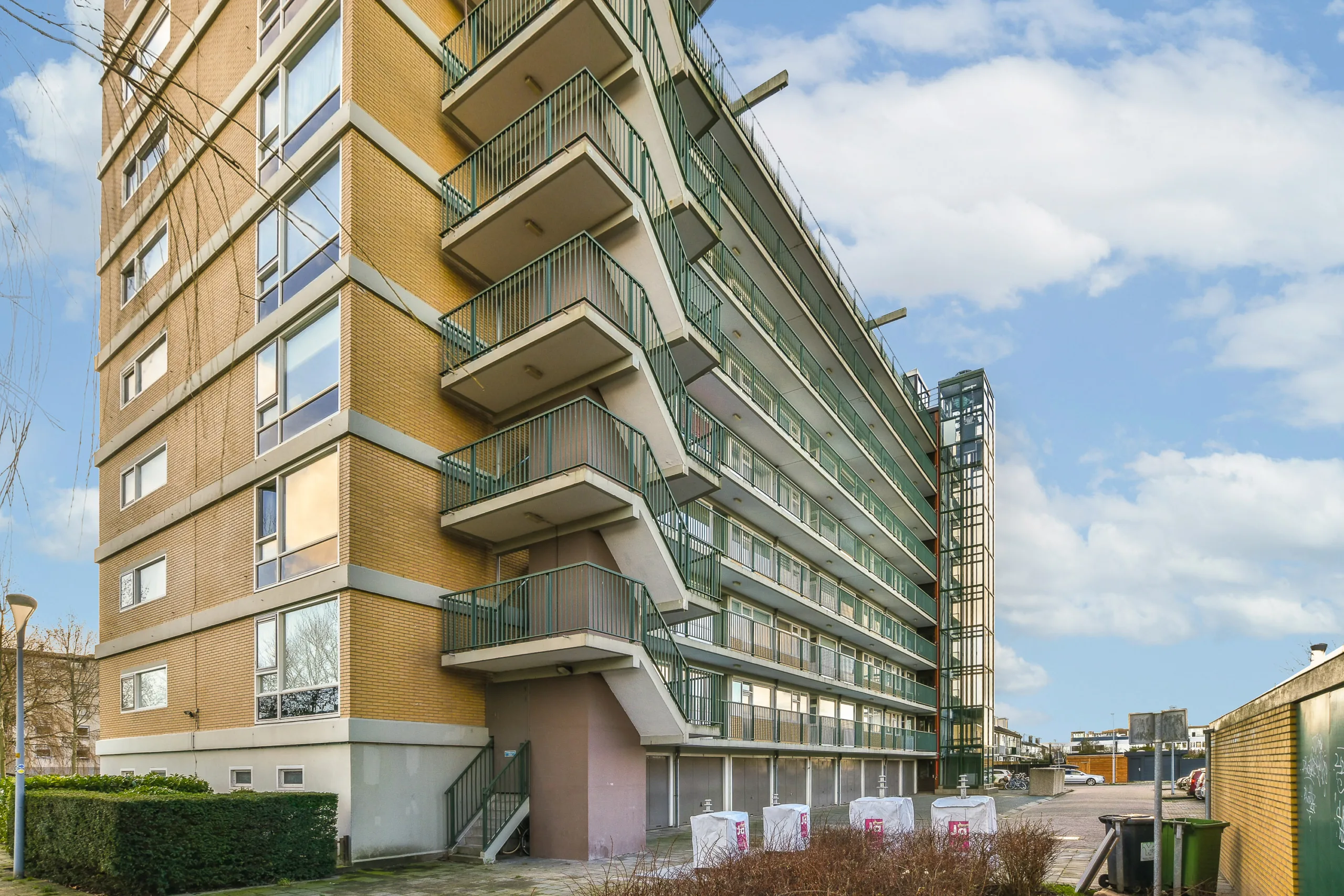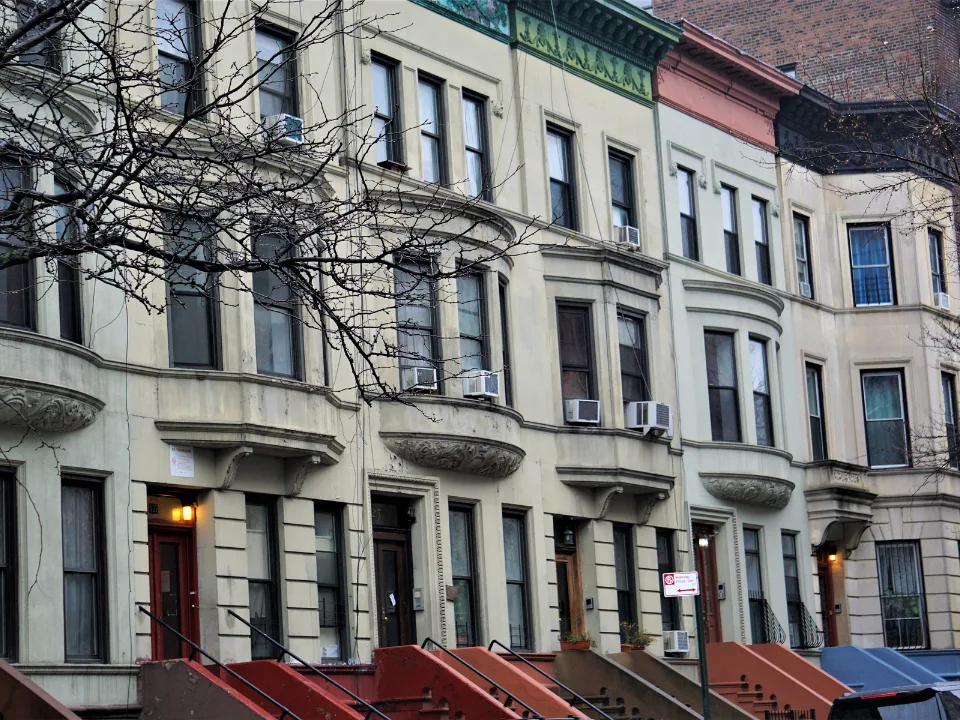- A government shutdown disrupts critical economic data, slows CRE lending, and introduces volatility into deal pipelines.
- Retail, hospitality, and HUD-financed housing projects are among the first sectors to feel the impact.
- Federal leases, permits, and construction tied to public agencies face delays, affecting everything from REIT revenue to local infrastructure.
Wider Than Residential
Homebuyers often face delays during a government shutdown. On the commercial side, the complications run deeper. Office landlords, developers, and lenders must deal with missing data, stalled approvals, and increased caution in the capital markets, reports CNBC.
Data Freeze, Market Paralysis
With federal agencies like the Bureau of Labor Statistics and the Census Bureau offline, key market data stops flowing. Indicators such as job growth, building permits, and housing starts are put on hold. That leaves CRE investors in the dark when evaluating risk and pricing deals, particularly in the multifamily sector.
Lending Cools, Risk Rises
When Washington stalls, lenders tighten up. Shutdown-related uncertainty often triggers more conservative underwriting, particularly on projects linked to federal programs or government-backed tenants.
Political gridlock, even if temporary, becomes a pricing factor. Lenders may raise spreads or delay closings altogether, adding drag to transaction velocity.
Ran Eliasaf, founder of Northwind Group, said political instability is one of the biggest risks lenders must underwrite, leading to more cautious investment decisions during shutdowns.
Get Smarter about what matters in CRE
Stay ahead of trends in commercial real estate with CRE Daily – the free newsletter delivering everything you need to start your day in just 5-minutes
Immediate Pressure On Consumer-Focused CRE
Retail and hospitality assets are among the first to feel the downturn. In areas where the federal workforce is concentrated, furloughs and paycheck delays translate to reduced foot traffic and lower consumer spending.
Smaller retailers and food-and-beverage tenants, especially those operating on thin margins, may struggle to absorb even short-term revenue hits.
Christine Cooper, chief U.S. economist at CoStar Group, noted that small retailers and coffee shops near federal offices are especially exposed, as even short disruptions can push them into distress.
Federal Real Estate Grinds To A Halt
Shutdowns freeze activity in the federal leasing market. The General Services Administration (GSA), which manages a large footprint of leased commercial space, pauses new contracts, property sales, and maintenance agreements.
REITs with government-heavy portfolios—such as Easterly Government Properties and JBG Smith—depend on those leases for steady cash flow. An Easterly company spokesperson stated, “We expect the impact to be very similar to previous shutdowns, that is, minimal. In past instances, our tenants continued to operate because their work is considered essential to national security, law enforcement, and public health. Our portfolio is deliberately concentrated in these mission-critical facilities, and our long-term, binding leases ensure that rental obligations remain in place.”
Delayed Deals In HUD-Backed Housing
Affordable and senior housing developers often rely on the Department of Housing and Urban Development (HUD). During a shutdown, they can face a growing backlog of loan approvals or grant funding. These delays stall timelines and jeopardize financing for already complex projects.
Construction Disruptions Loom
Federal involvement in infrastructure and environmental permitting means public-sector construction also slows. Previous shutdowns have delayed project reviews and disrupted bidding windows.
A report from ConstructConnect found that prior shutdowns froze billions in federal construction spending, stalled approvals tied to the Department of Transportation, and disrupted bidding timelines—squeezing subcontractors who depend on predictable project starts.
The Bigger Picture
For commercial real estate, the problem isn’t just operational—it’s psychological. Political dysfunction chips away at investor confidence, raises capital costs, and slows decision-making.
And the longer the shutdown, the deeper the hesitation. With over 38K branded residences and countless federally linked leases across the US, the stakes are high.
Looking Ahead
A short shutdown might only delay deals. A prolonged one could tighten financing, stall development, and test the resilience of federal-heavy markets like DC or parts of the Sun Belt.
For now, CRE players are watching the Hill—less for political theater, and more for signals that the market can move forward.


















